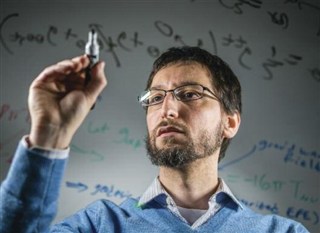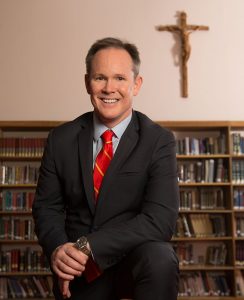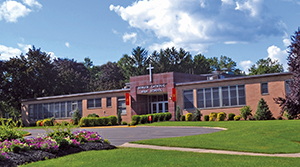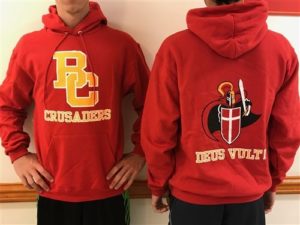
Growing up in Elmwood Park, Marc had an early interest in math and science, and when he entered Bergen Catholic he was fortunate to have several teachers who helped recognize and nurture his abilities. “My physics teacher, Felix Rizo, was somebody who really encouraged me toward a future in physics,” he says. When it came time to decide on colleges, he helped Marc focus his attention on the California Institute of Technology, which has one of the best physics programs in the world.
“It wasn’t initially on my radar as a potential college choice then, but Caltech is up there with Harvard and Princeton as far as their academic reputation. That was a very important track that he helped set me on.”
Another key factor to his future in the sciences came his junior year when Marc picked up a book called Black Holes & Time Warps by Dr. Kip Thorne, one of the three recipients of the most recent Physics Nobel Prize. “The book had a big influence on me at an early age. I was lucky enough to eventually have Thorne as my undergraduate research mentor at Caltech and later on worked on the gravitational-wave experiment that he co-founded,” says Marc. The Nobel Prize was awarded to a group of three scientists, including Dr. Thorne, who created the LIGO project (the Laser Interferometer Gravitational-wave Observatory) a collaborative effort with over one thousand researchers from 18 countries. Gravitational waves, emanating from the collision of a pair of massive black holes a billion light years away, were observed for the first time using the LIGO detectors in 2015. The Royal Swedish Academy, which awards the prize, dubbed it “a discovery that shook the world.” Marc and a colleague at Montclair State University, where he is an associate professor of physics, were among the scientists who contributed to the research of LIGO. “These gravitational waves are a tool to observe and understand the universe,” he says. “We’re developing a new branch of astronomy that uses gravity instead of light.”
Now living in Fairview with his wife and two young children, Marc is able to reflect on his time at Bergen Catholic and appreciate the challenges that were put before him. “I found the emphasis on writing to be very important, especially via the three courses that required intensive writing: English, History and Religion,” he says. “While I may not have valued it at the time, writing is hugely important in all fields, including science. That, along with Bergen’s demanding homework load, definitely helped prepare me for a very challenging college experience.”
As his career in physics advances, Marc can’t help but look back at one teacher in particular at Bergen Catholic whom he wishes he could thank today. “I often think of my math teacher of two years, Brother Thomas J. Jensen. I use mathematics principles that I learned from him almost every day. Sadly, he passed away a few years ago, but I often wish I had the chance to go back and thank him; he was an exceptional individual.”






